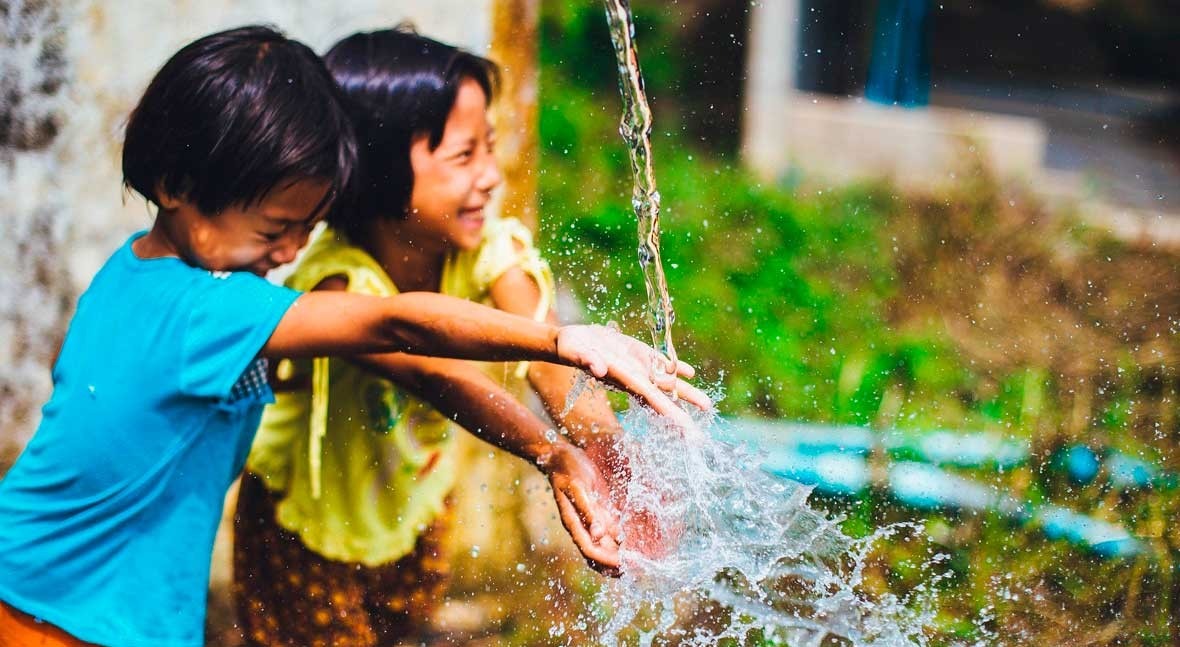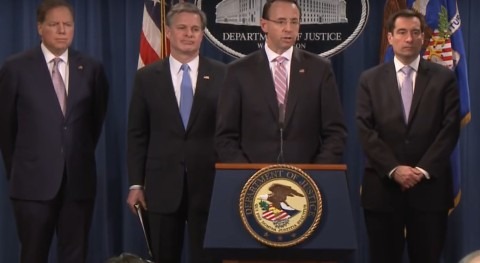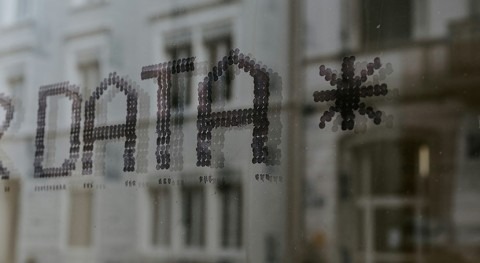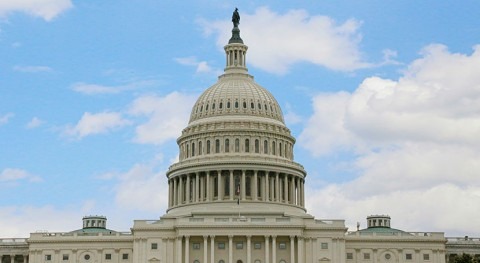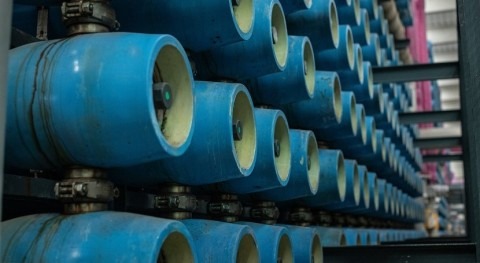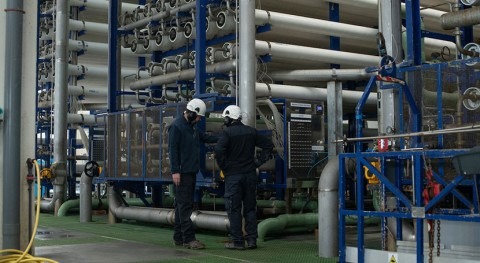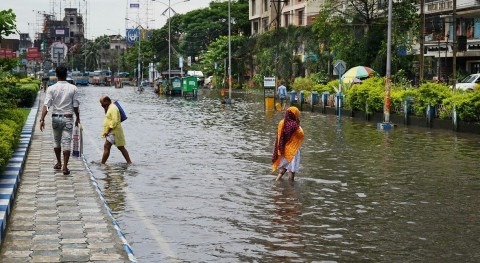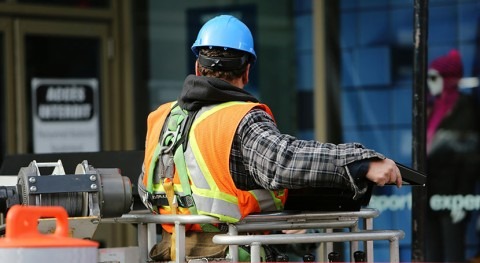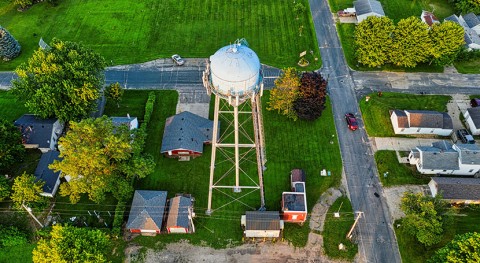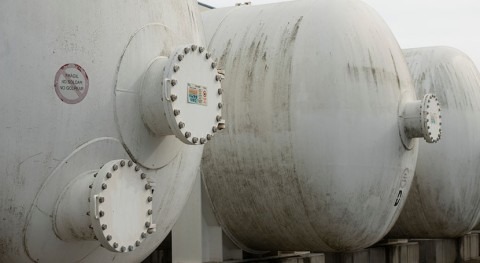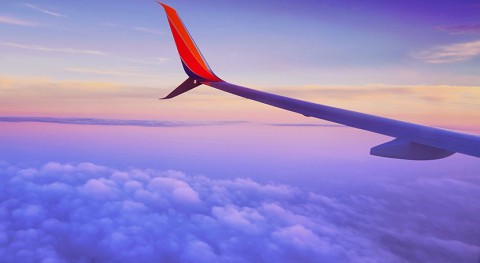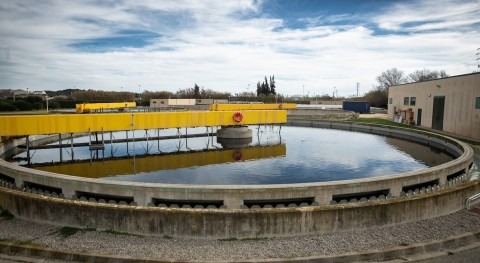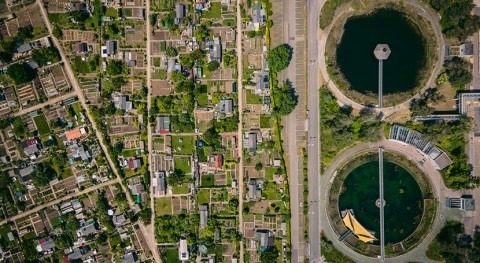The global health emergency is driving water utilities in developing countries into financial distress, as revenues drops and costs rise because of the pandemic, informs Circle of Blue.
The concerns are that the growing deficit will have detrimental consequences even after the health crisis eases off. Progress made in terms of access to drinking water over the past few years may be at risk, jeopardising the achievement of SDGs regarding universal access.
Between 2000 and 2017, about 1.6 million people gained access to basic drinking water services, such as piped water into the home or a protected dug well, according to data from the WHO/UNICEF Joint Monitoring Program for Water Supply, Sanitation and Hygiene. But another 785 million people still lack basic services.
Joel Kolker, lead specialist in the area of water supply and sanitation at the World Bank Water Global Practice, noted he has observed utility revenue declines between 10 to 50%, while a survey conducted by the Water Service Providers Association in Kenya reported a 70% drop in revenue collection.
The lockdown caused an abrupt drop in water consumption in the commercial/industrial sector. Although average water use is usually 70% residential and only 30% commercial, often utilities charge higher tariffs to businesses, with which they subsidise in part the cost of providing residential services. In parallel, the authorities in Kenya, Ghana, and other countries have mandated a moratorium on water shut-offs for residents who cannot pay their bills, and asked utilities to provide water using tankers and any other means to those that need it. Finally, operational costs have increased as a result of the need for additional disinfection, protective equipment and other occupational safety measures.
Although some utilities may be used to plan for natural disasters like hurricanes and earthquakes, those events do not last long and involve only physical damages like pipe ruptures. This type of event is quite different, and its effects could last a long time as recession and unemployment could hamper revenue collection even after the virus subsides.
While Kolker says financial stress is widespread after talking with utilities and ministers in 65 countries, analysts from the Asian Development Bank have not seen similar impacts, something that could be due to low water tariffs in South Asia, which people can still pay for despite a decrease in income.
Options for those that need help could include help from national governments ─ in Ghana, the president said they would cover the bills of residents from April until June ─ as well as aid agencies and international lenders. USAID is adapting their annual funds for water and sanitation programs ─ $400 million ─ to its coronavirus relief measures, while the World Bank has committed $160 billion in grant and loan money in the coming 15 months.


